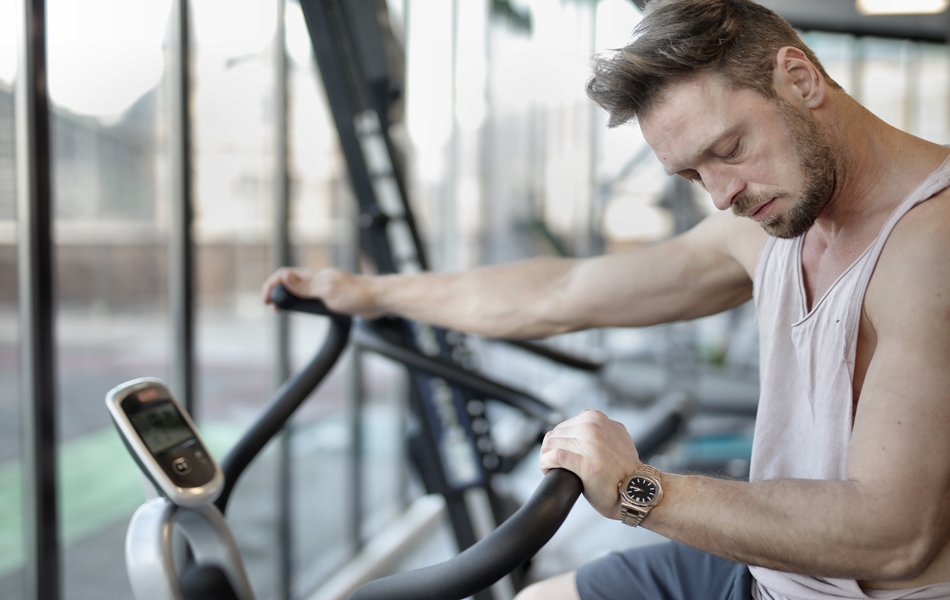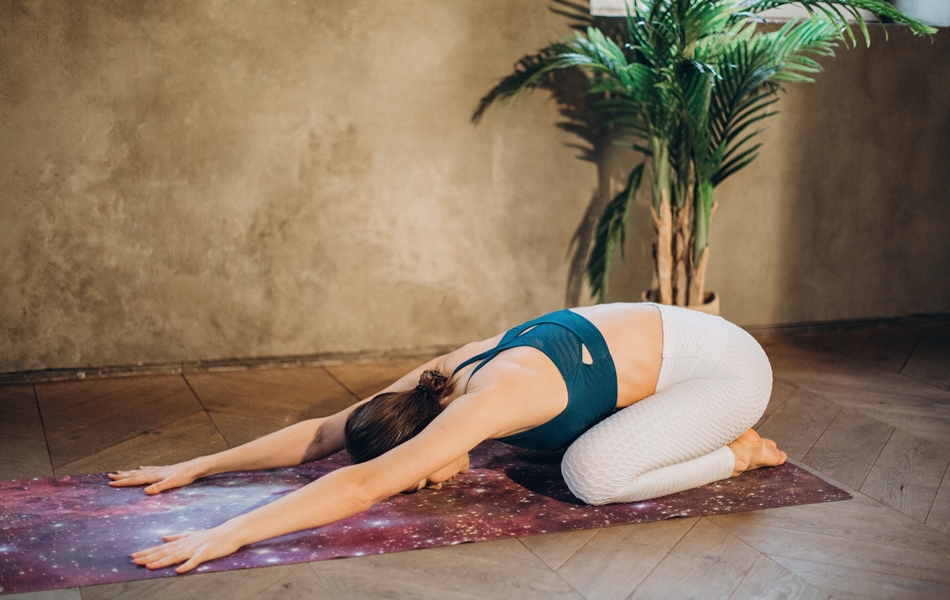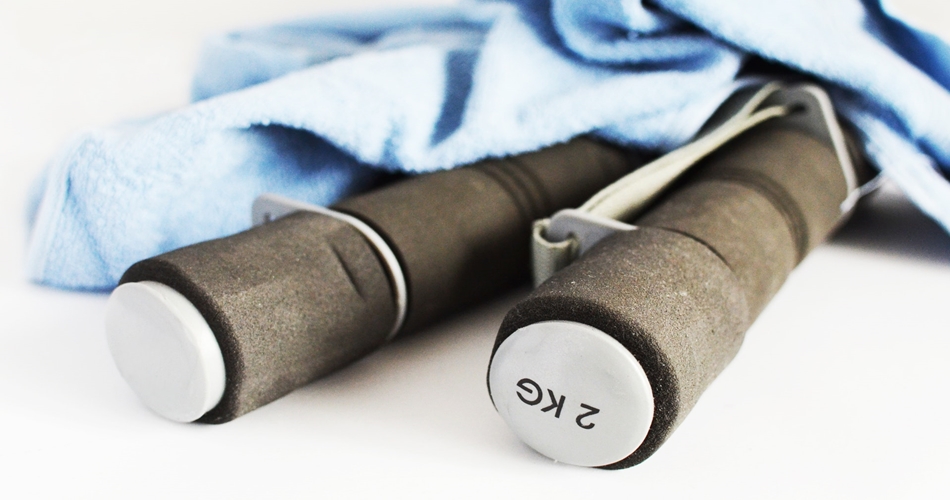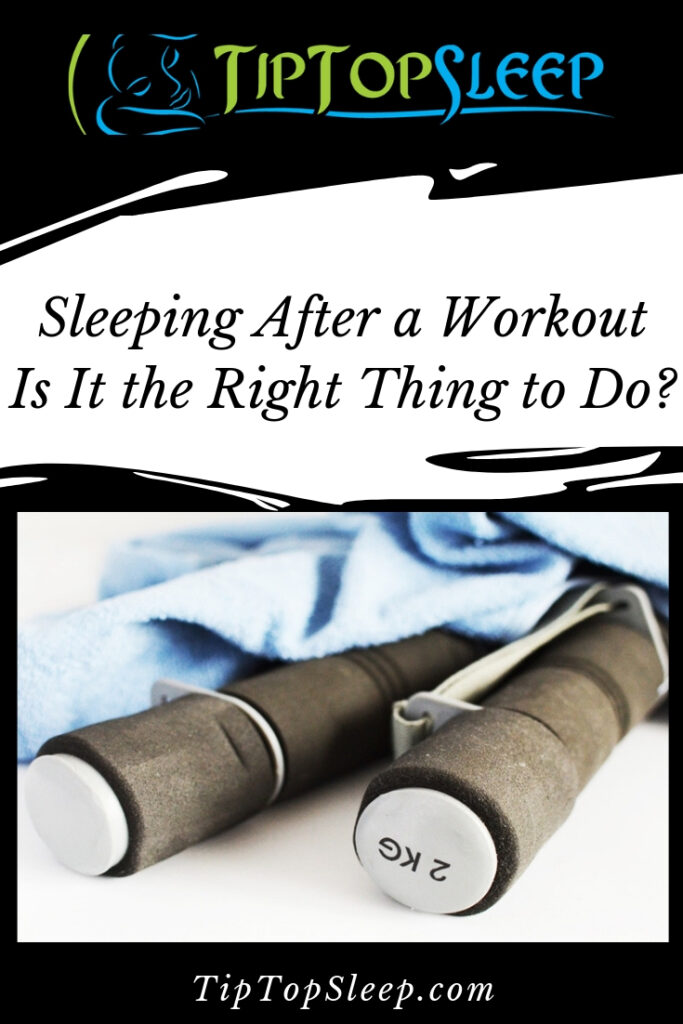The jury is out on the effects of sleeping right after exercising. Opinions are divided with some claiming positive effects, while an equal number of individuals pointing to possible negative effects. As we are all different we must monitor our own exercise/sleep routine to see if it is positive or negative for us.
Though it may appear to be confusing, with no clear answer. Studies have shown that exercise assists in better sleep by reducing stress. In some exercise to close the going to bed could disrupt the sleep pattern.
So as we are all different we need to monitor our exercise and sleep routines we would then have a conclusion that best suits our own needs.
Read on for assistance in forming a conclusion that will best suit you.
Is Sleeping After a Workout Right Thing to Do?
To understand this, it is essential to look at the following important factors that help you arrive at a decision that suits you.
The first is the need to closely look at what happens to your body while you are asleep.
The second is the need to understand the different types of exercises and the goals of these exercises.
Only after a clear understanding of these two aspects will it possible for individuals to be able to clearly conclude if sleeping after a workout is good or bad for them.
To put it in other words, it is not a broad consensus or an observation that applies to all. It works differently in different situations and individuals need to decipher this for their own needs.
The third is the need to understand the best time for exercising. If the best time for exercising is not the time just before sleep, then this settles the argument.
Here is a good look at the three important factors that help to settle the argument.
What Happens in the Human Body When We Fall Asleep?
When you sleep there is actually a lot of activity that happens in the human body.
There are changes in the body temperature, breathing rhythm changes, and the most important changes (from the point of view of the argument in question) are in blood flow, blood pressure, and heart rate.
Other equally important changes from an exercising point of view are the repair functions, digestion, the release of growth hormones, and brain activity.
Your Body Temperature Changes When You Sleep
During the day the body temperature is higher, and it increases considerably during any physical activity including exercises.
When we fall asleep, our body temperature typically needs to be lower.
This is one of the reasons why many experts suggest that it is not a good idea to sleep immediately after exercising.
The contention is that the body needs to adjust the temperature quickly and this may not be possible.
Consequently, as per the suggestion of those who go by this line of thinking, people do not receive the amount of rest required.
The Rate of Blood Flow, Blood Pressure, and Heart Rate Are Significantly Changed When We Sleep
Here, it is important to note that this change is not uniform but depends on the stage of sleep of individuals.
For instance, the first stage of sleep is the non-REM stage where individuals drift off into sleep.
During this stage heart rate and blood pressure significantly reduce and are at a steady-state.
The next stage of sleep, known as the REM stage witnesses heart rate and blood flow that is similar to readings witnessed during wakeful stages.
When individuals exercise, the heart rate and blood flow are on the higher side, and when the individual drifts off to sleep, the same needs to be lower.
This is also another reason why some experts are of the opinion that sleeping immediately after exercise is not advisable.
Other Important Changes Are the Digestive Functions, Repair of Cells and Release of Hormones
These are important from an exercise point of view. Individuals who exercise are known to consume a nutritious diet before exercise, after exercise, and before going to bed.
The whole purpose of consuming additional nutrition during these three stages are to enhance the intake of nutrition to the muscles.
The recovery phase is regarded as one of the most important phases when it comes to exercises.
This is the time when the body repairs itself, and muscle fibers grow long and strong with the right nutrition.
It is therefore important that individuals who work out receive adequate rest and nutrition at the right time.
This is precisely why experts support exercising after sleeping, as, in their opinion, it helps to give better results to the workout.
Growth hormones are released during sleep. It is during various stages of sleep that the thyroid hormone levels increase.
This also happens to be the stage when melatonin levels surge. This is responsible for helping us fall asleep, and then awaken us after a night’s sleep.
Higher levels of melatonin help put people to sleep, while lower levels help to awaken us.
When you sleep, the levels of the cortisol hormone goes down.
This hormone which is also known as the stress hormone is released at higher levels when you exercise, especially during high-intensity exercises or endurance training.
This is again one of the reasons why certain experts are of the opinion that sleeping immediately after exercising is ill-advised.
Now that you understood what happens to the body during the various stages of sleep, it is time to look at the different types of exercises and the goals.
This will help to correlate the two and help you to decide if exercising before sleep is a good or bad idea.

Three Main Categories of Exercise
While the number of exercises and types of exercises is virtually endless, the three main categories of exercise are aerobic exercises, anaerobic exercises, and flexibility exercises.
Aerobic Exercises – these typically refer to exercises that are targeted at improving the cardiovascular muscles.
Exercises that are classified as aerobic exercises include cycling, walking on treadmills, jogging, brisk walking, hiking, rope skipping, running, rowing, swimming, tennis, and extended sessions of training.
Aerobic exercises target the large muscle groups that use more oxygen, which in turn, increases the rate of heartbeat.
These exercises are mostly considered as related to fitness; i.e. these exercises are performed by individuals who wish to remain fit and prevent the onset of disease.
Many individuals also take up aerobic exercises on the advice of doctors who aim to improve the cardiovascular health of patients.
Anaerobic Exercises – these typically refer to exercises that are intended to strengthen and tone up the muscles.
This involves resistance training and the use of weights by individuals who wish to improve body mass and muscle tone.
Anaerobic exercises are also undertaken by individuals as a part of a routine along with sports training.
In other words, anaerobic exercises are used to improve strength and help participants improve their performance in other sporting activities such as tennis, badminton, cricket, football, hockey, wrestling, boxing, athletics, etc.
The routines generally associated with anaerobic exercises include curls, pull-ups, squats, bench presses, lunges, and push-ups, etc.
These exercises are ideally in the category of weight training, eccentric training, interval training, and the new trend – HIIT, also known as high-intensity interval training.
Most individuals who take up anaerobic training generally wish to enhance the strength, add volume, weight, and improve the muscle tone through exercise.
Flexibility Exercises – this refers to the set of exercises that are targeted at muscles for improving flexibility.
These exercises are generally associated with other exercises or training regimens.
For instance, an individual who is into any amateur or competitive sport may perform flexibility exercises along with aerobic exercises or anaerobic exercises.
With the possible exception of a small number, most individuals who perform flexibility exercises are those who do it in addition to other exercises or activity.
Exercise is a relatively broad term and includes the above their forms, which help to either improve conditioning, stamina or gain weight, mass, and enhance muscle tone.
For the purpose of determining if sleeping right after an exercise is advisable or not, it would be a good idea to refrain from combining all three forms of exercise as one type.
Rule of thumb – types of exercises that you can do before sleep and those that you can’t.

Scenario 1
A rule of thumb that can be used here is that it would not be a good idea to sleep immediately after a very heavy workout that involves high-intensity training, etc.
This is because of the hormone cortisol that is released in the body during exercise.
As mentioned earlier about the processes that occur in your body when you are asleep. The cortisol levels in your body will keep you alert and prevent you from sleeping properly.
In other words, if you have planned your work out just before bedtime, then you are most likely to stay awake for some time as the effects of the cortisol will prevent you from falling asleep.
In the event that you are completely exhausted after a strenuous workout, you are likely to drift into sleep for a short period before the cortisol wakes you up.
Conversely, if you have indulged in a workout that is not intensive, you will not face this problem of higher cortisol levels.
Scenario 2
If your exercises are intended to help you burn calories and for weight loss, then it certainly is not a good idea to sleep immediately after workouts.
The type of exercise that is involved in burning calories and for weight loss is of a nature that typically burns glycogen first and then moves on to burning fat.
If your exercise routines are short and if you sleep immediately after a short session of exercise, you will only have burnt the glycogen and not the fat. As a result, you will not see results.
Therefore, it would probably be better not to go to bed immediately after working out if your intention is one of burning fat.
It is necessary to note that the body first burns out readily available glycogen in the first 20 minutes of exercise before proceeding to burn fat. And this requires exercises of the right type and intensity for fat to burn.
Scenario 3
A separate school of thought opinions is that sleeping after workouts that are intended to increase muscle mass is a good idea.
The contention is that the body repair functions and the nutrition delivery work best during stages of rest and when the individual sleeps after workouts, this helps in repair and recovery.
The suggestion is that such sleep cycles help to trigger faster development, resulting in better muscle mass.
It is important to note that the golden hour, as emphasized by professionals refers to the hour immediately after exercise, which is most suited for delivering nutrition.
In other words, the best nutrition needs to be supplied to the body during the hour after exercise.
It has, however, not been specified that sleep or rest in the golden hour helps, neither has it been mentioned if sleep will adversely affect the results.
It can, therefore, be inferred that it would be a good idea to take adequate nutrition in the hour after exercise and not go to bed immediately if your focus is on increasing muscle mass/tone.
When to Exercise and When Not to Exercise
Visit a gymnasium and you will find that individuals exercise at almost all times of the day and late into the night.
This is because of the time constraints that prevent individuals from working out at other times. They end up exercising only when they are free.
However, it is important to understand the best time for exercise. Generally, most individuals who exercise to maintain fitness levels, take part in activities in the mornings or in the evenings.
This is because most individuals make this a priority and adjust their routines around other commitments.
Similarly, professional sporting personalities workout well before it is too late in the night.
Possibly the only category of individuals who work out late in the night is those who have a deep desire to work out, but are unable to do so at other times of the day.
As a result, exercises are carried out late in the night before going to bed.
The question here is – is it the right time to work out late in the night? The rule of thumb here is to work out when energy levels are high.
This can be set into a routine over time. Typically this does not naturally happen for individuals just before they go to bed.
Most of us are tired by the end of the day and as a result, are ready for bed.
The desire to work out keeps them awake and helps them to exercise, by pushing themselves to perform, by drawing energy reserves.
When the routine or workout is complete, the exhaustion levels are high, which pushes them to sleep.
However, even after falling asleep, the cortisol levels are likely to have an impact on the quality of sleep.
It is necessary to point out here that if exercising in the night before going to bed does not affect one’s sleep cycle and the morning after, it is perfectly fine to go ahead with the exercise.
It is necessary to add that they should also consider the results – if working out in the nights are giving results and not impacting sleep, then there is no reason why you should not exercise in the nights.
How to Decide Whether to Sleep After a Workout or Not
If you need to make a decision on working out a routine where you either sleep after exercise or not, here are a couple of considerations.
What Is the Type of Exercise That You Perform?
If you are into intensive aerobic exercises, then you should certainly not sleep immediately after a workout. If you are working out lightly, and it is just for the purpose of staying fit, to maintain your health, it is not harmful to sleep after workouts, provided you do not feel uncomfortable when you sleep.
If you are into anaerobic workouts, you can sleep after a workout, subject to the condition that your sleep is peaceful and uninterrupted.
If your exercises are the flexibility kind of exercise, you will not have a problem sleeping after the workout.
What Are the Goals That You Wish to Achieve?
If you are working out for the purpose of building mass and for weight gain, sleeping after working out is not a problem, as long as you are able to sleep peacefully and if you have no discomfort in the mornings.
If you are working out for the purpose of reducing weight, then sleeping after working out is not a good idea.
Are You Intending to Stick to This Routine for a Long Time or a Short Time?
If this is going to be a long term routine, you need to check the effects of hormone secretion.
For those who plan to make this routine as a short term measure, it is not a serious problem, provided that no discomfort is experienced either during sleep or in the mornings after waking up.
Have you tried sleeping immediately after workouts? If yes, have you slept peacefully, and what was the energy level in the morning?
It is a good idea to try this routine for a few days to see the results and then make a call, as metabolism and effects are experienced differently from person to person.
You need to check if you are able to sleep peacefully without any discomfort or are you being awakened in the middle of the night for no reason.
Similarly, if you wake up in the morning feeling tired, then it means that you have not received proper rest.
If your energy levels are low in the morning or if your power in exercises is affected, it indicates that your body has not received the rest and recovery required.
Final Thoughts – Sleeping After a Workout – Is It the Right Thing to Do?
You do not have to give up exercise before sleeping but you may have to adjust the type of exercises you do undertake before sleep.
If you start to have trouble sleeping you can now implement some of the strategies above. Keeping a sleep diary or checklist will help you with this if your sleeping habits change.
As always here’s to better sleep!



